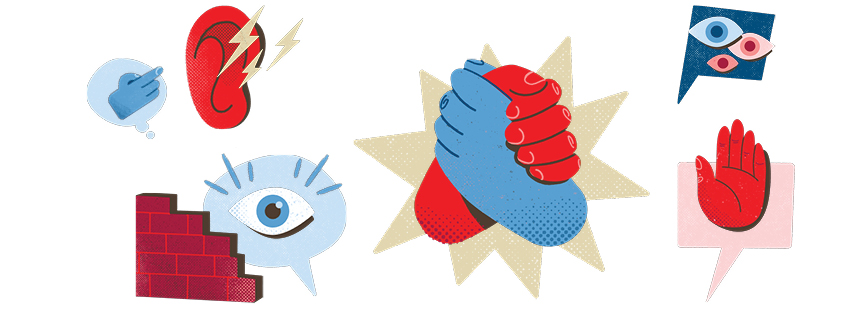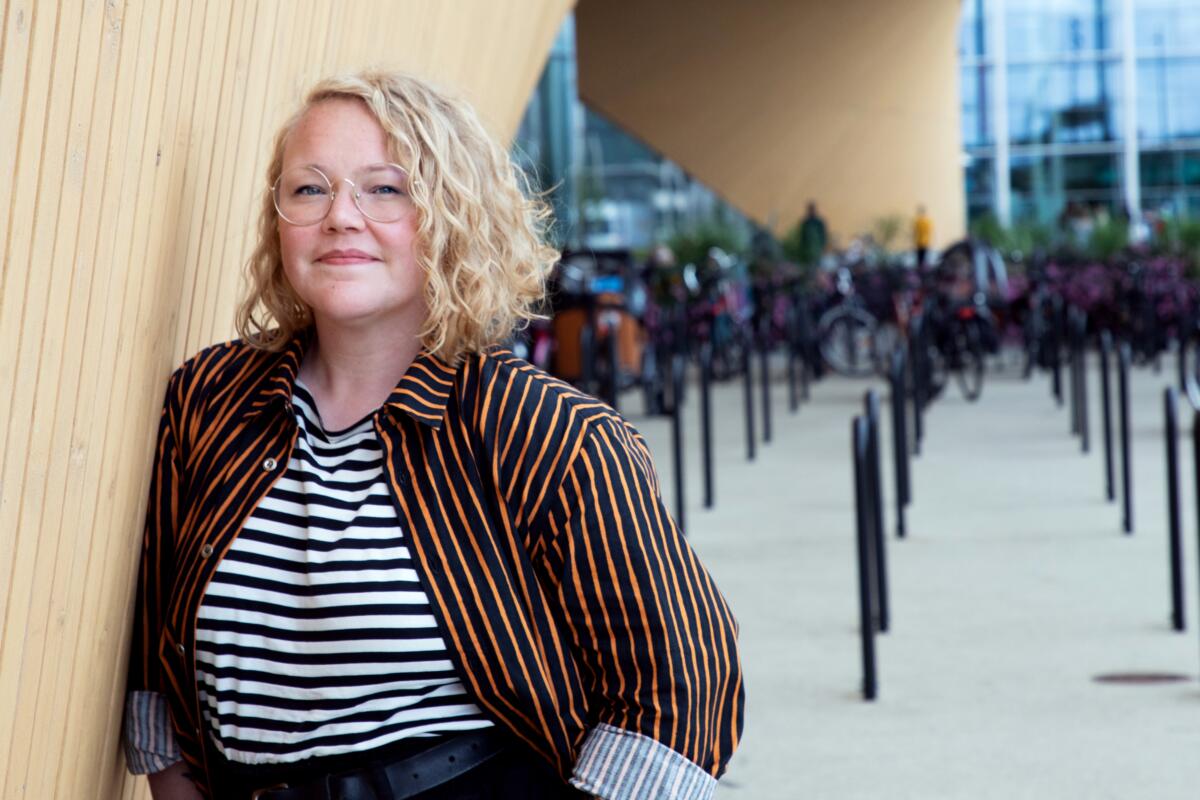Week Against Racism 2024: Interview with Laura Valoma
In the Week Against Racism 2024 (18.3.-24.3.), student ambassador Haiyun Yu interviews Laura Valoma, second-year master’s student in Arts Management, Society and Creative Entrepreneurship at Uniarts.

Valoma is a second-year master’s student in Arts Management, Society and Creative Entrepreneurship. Valoma is an experienced production manager with a 20-year career with international festivals. Valoma has presented her research on the topics of decolonisation and cultural rights in Finnish Conference on Cultural Policy Research in 2023 and in ENCATC 2023. With her thesis Valoma is diving deeper into cultural policy investigating measures of equity within Finnish cultural policy and funding.
Q: In your opinion, what is racism?
Well, I think racism is quite a multifaceted concept. Let’s say, the most obvious kind of racism is interpersonal racism, meaning it’s something that every one of us can identify – the person who hates another person because of their skin colour or race, ethnicity, or such. So that’s the most distinct and everyone knows what racism is through that.
But then there are more, let’s say, intricate levels of racism. There’s structural racism, institutional racism and then internalized racism.
And I think those are the levels of racism that we need to combat with anti-racism.
Q: How is your current research related to anti-racism?
It is not like directly connected to anti-racism, but I’m looking at equity within Finnish cultural policy and funding. And through that, I’m looking at how diverse groups, minority groups are treated within our cultural policies and funding. Is that equitable? How are these minorities treated or considered within the policies? So I guess it’s important from an anti-racism point of view also not only to be considered but also to be recognized within our policies and within the funding systems.

Q: Can you share some findings of your research related to this topic?
Well, I can say as an overview that equity and kind of considering diverse groups and minorities, there is a will to do that within our government and I think it has a lot to do with the current research and societal movements putting pressure on our government and and kind of our policy makers, decision makers on these topics that they are important. There is definitely a will there, but I guess within my research, the overview states that the implementation and moreover the monitoring of the outcomes of this kind of equity instruments or initiatives then falls short. There’s still a lot of work that needs to be done. There’s no kind of comprehensive set of equity instruments that would be distilled within our cultural policy. There are kind of programmes directed at certain minority groups or certain forms of art, so that’s important, but that’s not structural. So, we need a structural change within our policy system towards equity.
Q: In your opinion, what kind of actions are needed to fight against racism in the Finnish society, especially in cultural and art sector?
Structural changes overall are really important. Not to say that it isn’t important for everyone to individually unlearn this internalized racism or get familiar with structural racism and institutional racism. I think it’s really important to learn about those things, especially as a white person, when you never have to work through those things. So, it’s really important to unlearn, but also learn about racism and what it means to different minorities. So that’s step one. Then it needs to be taken further into the structures and into the institutions. And it means work from everyone. But one important aspect, in my opinion, is representation. So, if there is not diverse representation within our institutions, within our policy makers, our decision makers, the decisions will never be diverse or reflect the diversity of our society. So, I think it needs to be incorporated in all levels.
Life of an art student
In this blog, Uniarts Helsinki students share their experiences as art students from different academies and perspectives, in their own words. If you want to learn even more regarding studying and student life in Uniarts and Helsinki, you can ask directly from our student ambassadors.
Latest posts
Follow blog